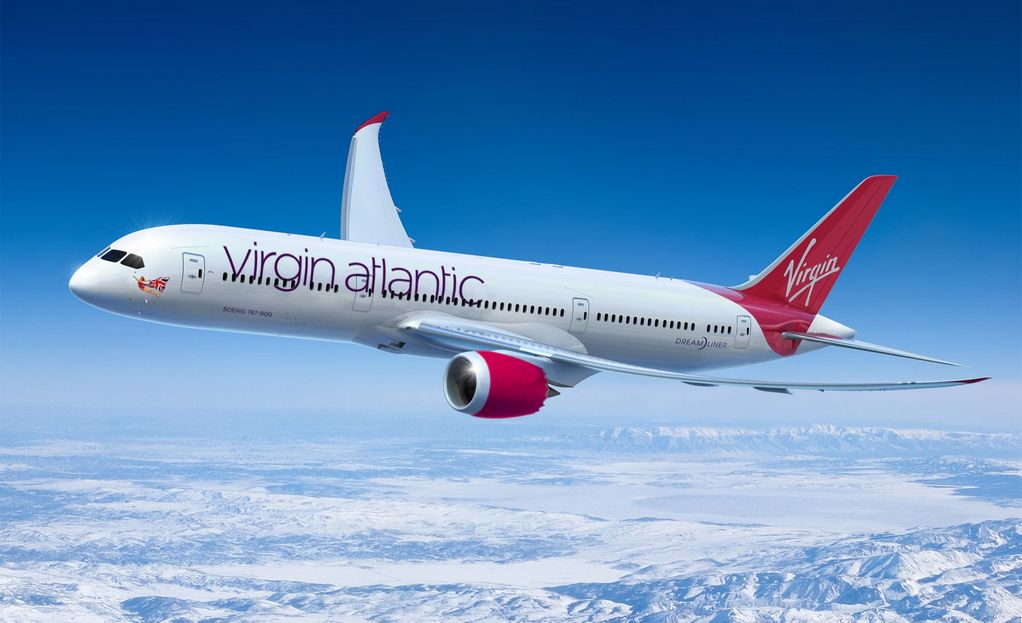The world’s first netzero transatlantic flight will take off from the UK next year, with Virgin Atlantic set to fly one of its Boeing 787 aircraft from London to New York using solely sustainable aviation fuel (SAF).
The airline has received UK government funding for the flight to show how SAF could replace conventional jet fuel. It will work with a consortium that includes Rolls-Royce, Boeing, Pratt & Whitney Canada, Imperial College London, University of Sheffield, RMI, and ICF. When fully replacing kerosene, SAF can slash lifecycle carbon emissions by more than 70%, compared to conventional fossil jet fuel.
Virgin Atlantic’s flight is expected to be fuelled by SAF made primarily from waste oils and fats, such as used cooking oil. The use of 100% SAF on the flight, combined with carbon removal through biochar credits – a material that traps and stores carbon taken from the atmosphere – will make the flight net zero.
Not only will SAF play a key role in decarbonising aviation, it could also create a UK industry with an annual turnover of £2.4 billion by 2040 – and which supports up to 5,200 jobs in the UK by 2035.
Aviation is one of the hardest sectors to decarbonise, and without urgent, collaborative action it could be one of the highest emitting sectors for greenhouse gases by 2050. Virgin Atlantic has long been committed to transitioning to a more sustainable future. In 2018, Virgin Atlantic flew the first ever commercial flight using LanzaTech’s sustainable jet fuel.
Tags: Jet Fuel, SAF, Transatlantic Flight, Virgin Atlantic



Recent Posts
Blue Marlin Becomes First Inland Cargo Vessel with Solar-Assisted Propulsion
ABB and Royal Caribbean Partner on 15-Year Deal to Drive Vessel Efficiency and Decarbonization
IET Establishes Centres of Excellence for Green Hydrogen and Electric Vehicle Research
SECI Cancels Green Hydrogen Hub Tender, Pauses Momentum on Flagship Mission
India Pushes Green Shipping and Sustainable Waterways in Northeast with ₹5,000 Crore Investment
Himachal Pradesh Plans Major Boost to Public Transport with E-Buses and Digital Upgrades
Ammonia-Fueled Container Feeder Design Marks Progress in Maritime Decarbonisation
ABS Develops Industry-Leading EV Battery Fire Simulation Modeling